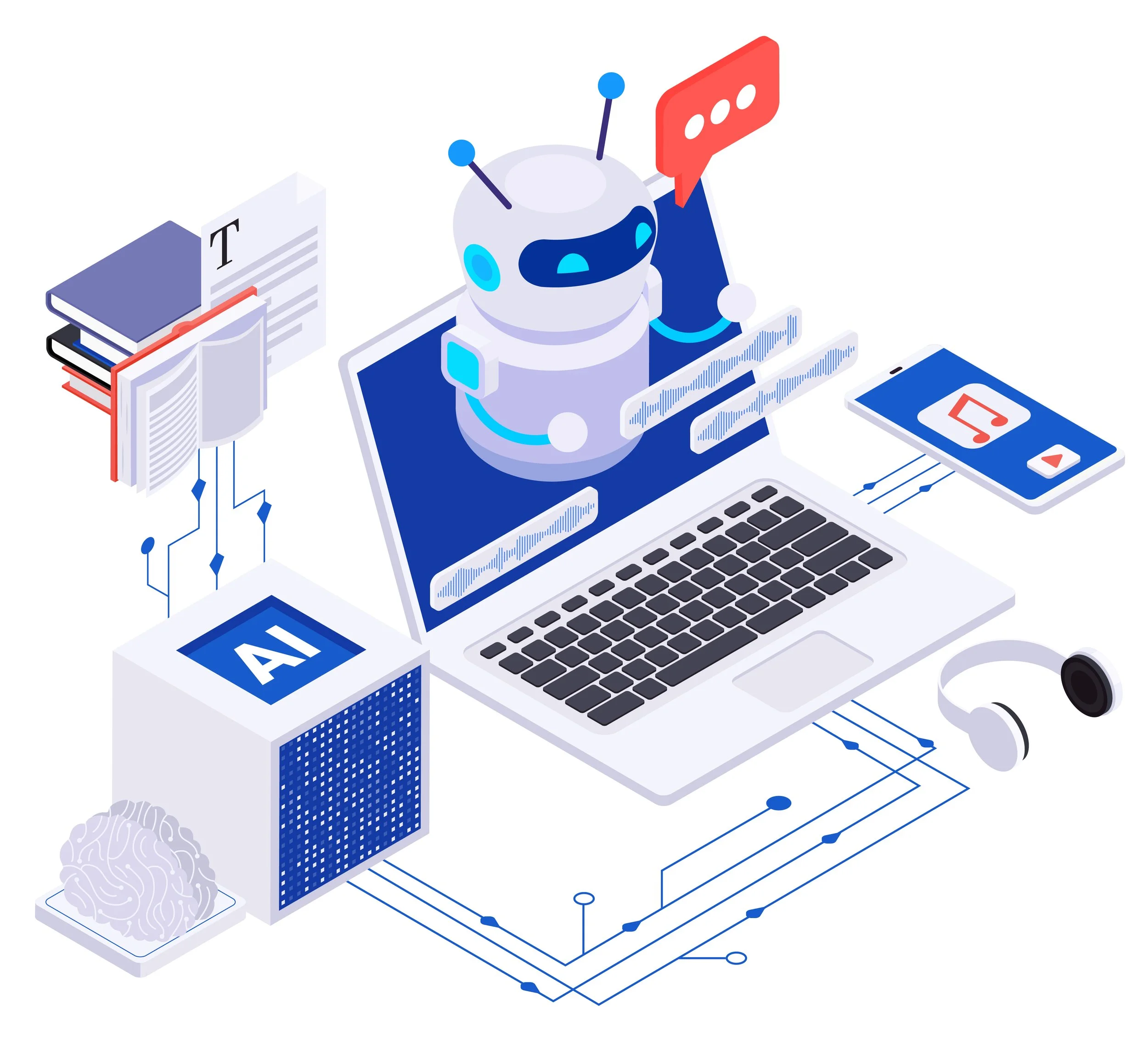The Impact of New PPC Algorithms
The Evolution
PPC algorithms began with the beginning of digital advertising itself. In the early stages, algorithms were simplistic, relying on keyword matching to determine ad relevance and placement. However, as the digital landscape evolved, so did the algorithms driving PPC campaigns.
With Google AdWords in the early 2000s, PPC advertising underwent a shift. Algorithms became more sophisticated, incorporating factors beyond keywords, such as ad quality scores and bid amounts, to determine ad rankings. This marked the beginning of a new era in digital advertising, characterized by increased precision and efficiency in ad targeting.
Over the years, advancements in technology, particularly in the fields of machine learning and artificial intelligence, have propelled PPC algorithms to new heights. Today, algorithms are capable of analyzing tons of data in real-time, allowing advertisers to deliver highly personalized ad experiences tailored to individual user preferences and behaviors.
The Rise of Machine Learning and AI
At the heart of the latest wave of innovation in PPC algorithms are machine learning and artificial intelligence. These technologies empower algorithms to learn from data patterns and make intelligent decisions without explicit programming.
Machine learning algorithms can analyze historical campaign data to identify trends and patterns, enabling advertisers to optimize their campaigns for maximum effectiveness. Similarly, AI-powered algorithms can dynamically adjust ad content and targeting parameters in response to real-time user interactions, ensuring optimal ad performance.
The integration of machine learning and AI into PPC
algorithms represents a shift in digital advertising, enabling advertisers to achieve
unprecedented levels of precision and efficiency in their campaigns.
Dynamic Ad Optimization, The Shift
Gone are the days of one-size-fits-all messaging. With the age of dynamic ad optimization, PPC algorithms are bringing in a new era of personalized advertising.
Dynamic ad optimization allows advertisers to create ad templates with interchangeable elements, such as headlines, images, and calls-to-action. These elements can then be dynamically adjusted based on factors such as user demographics, browsing history, and previous interactions with the brand.
This dynamic approach ensures that ads remain relevant and engaging to each user, increasing the likelihood of conversion. Even more, by continuously optimizing ad content based on real-time data, advertisers can adapt to changing market conditions and consumer preferences with precision.
Predictive Bidding Strategies Is A Game-Changer
In the fast-paced world of online advertising, timing is everything. Predictive bidding strategies leverage advanced algorithms to forecast the likelihood of conversion for a given ad placement, enabling advertisers to optimize their bidding strategies in real time.
These algorithms analyze a multitude of factors, including historical campaign data, user behavior patterns, and market trends, to predict the probability of a user converting after clicking on an ad. With this predictive insight, advertisers can adjust their bids dynamically to maximize their ROI and achieve their campaign objectives.
Predictive bidding strategies represent a game-changer in the world of PPC advertising, allowing advertisers to allocate their budget more effectively and achieve greater results with fewer resources.
Balancing Automation with Expertise
While new PPC algorithms offer unprecedented levels of
automation and optimization, the human element remains indispensable.
While new PPC algorithms offer unprecedented levels of automation and optimization, the human element remains indispensable. Experienced marketers bring a nuanced understanding of consumer behavior, strategic insights, and creative expertise to the table, complementing the analytical prowess of algorithms to drive campaign success.
Human marketers play a crucial role in defining campaign objectives, interpreting data insights, and crafting compelling ad creatives that resonate with target audiences. Moreover, they provide invaluable strategic guidance, helping advertisers navigate the complexities of the digital advertising landscape and make informed decisions about their PPC campaigns.
By striking the right balance between automation and human expertise, advertisers can unlock the full potential of PPC advertising and achieve unparalleled results.
The Power of Data
New PPC algorithms are an invaluable resource. By analyzing datasets encompassing demographic information, browsing history, and online behavior, algorithms can deliver hyper-targeted ads that resonate with audiences on a personal level.
These algorithms leverage sophisticated data analytics techniques to identify actionable insights and trends, enabling advertisers to optimize their campaigns for maximum effectiveness. Moreover, by continuously collecting and analyzing data in real time, algorithms can adapt to changing market conditions and consumer preferences with agility and precision.
In essence, data fuels the engine of PPC advertising, empowering advertisers to connect with their target audiences in meaningful ways and drive tangible results.
Ethical Considerations and Privacy Concerns
Questions surrounding data privacy and ethical advertising practices come to the forefront of concern. Advertisers must tread carefully, ensuring that their campaigns adhere to strict privacy regulations and ethical standards, while still delivering compelling messages to their target audience.
Transparency and accountability are paramount in maintaining consumer trust and confidence. Advertisers must be transparent about their data collection practices and provide users with clear and concise information about how their data will be used.
Moreover, advertisers should prioritize the protection of user privacy and ensure that their campaigns are respectful of user preferences and boundaries. By adopting ethical advertising practices, advertisers can build stronger relationships with their audiences and foster a culture of trust and transparency in the digital advertising ecosystem.
The Future of PPC
The future of PPC appears bright with possibilities. With ongoing advancements in AI, machine learning, and data analytics, we can expect new PPC algorithms to continue evolving, empowering advertisers to achieve unprecedented levels of precision, efficiency, and effectiveness in their campaigns.
The future of PPC lies in harnessing the power of technology to deliver highly personalized, relevant, and engaging ad experiences to users across all digital channels. By embracing innovation and staying ahead of the curve, advertisers can unlock new realms of opportunity and drive meaningful connections with their target audiences.
In conclusion, the rise of new PPC algorithms represents a small moment in the evolution of digital advertising. By harnessing the power of machine learning, AI, and data analytics, advertisers can unlock new opportunities, driving meaningful connections with their target audience and propelling their businesses to new heights of success. As we navigate the changing landscape of digital marketing, one thing remains abundantly clear:
The future belongs to those who embrace innovation and adapt to the shifting currents of the digital age.


